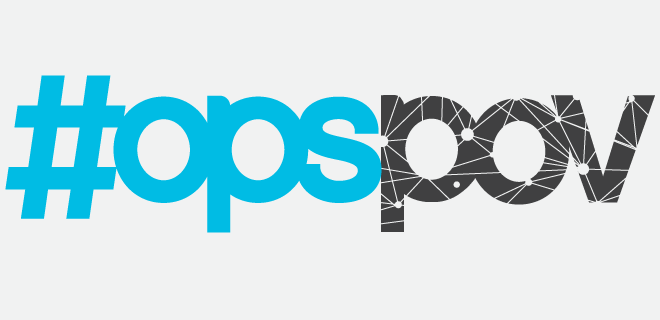
Google Delivers Insights Engine to Pubs
Google announced it’s releasing a suite of tools to give its DoubleClick publisher clients audience and performance insights. It’s called the Insights Engine Project, and it’s angled to give publishers a view of performance similar to what the company gives advertisers when they target and evaluate their campaigns. Insights Engine brings views and numbers to publishers that it hadn’t previously made available to them, in a package Google says ought to be recognizable to anyone working with Google Analytics. Google promises publishers a view of page latency, viewability and other metrics, relative to other DoubleClick publishers. Forecasting tools are to come, according to Google’s release. (Might this be comparable to AppNexus’ Yieldex toolset?) Google has been trying out DFP integrations with BigQuery’s data sets and Data Studio’s visualization tool. The company also announced Exchange Bidding, its S2S response to the header bidding boom, will be widely available in early 2018. AdExchanger has more on the story.
IAB Tech Lab SDK Unifies In-App Third-Party Measurement
The IAB Tech Lab has released an SDK to help scale third-party measurement of in-app ads. Called the Open Measurement Software Development Kit (OM SDK), the idea is to pull together insights from multiple measurement sources through a single SKD integration. It’s based on engineering work initially undertaken by Integral Ad Science before being handed off to the Tech Lab for further development. Part of the goal is to bring standarization and transparency to the way attention metrics like viewability are reported, which, says the Tech Lab in a release, ought to encourage advertisers to buy into mobile by providing more scalable measurable inventory. Read that release here.
Rubicon’s Kershaw Explains Hybrid Auction Model
Rubicon Project announced in September it was trying out a hybrid first-/second-price auction model, a switch from it long-standing reliance on the (more or less industry standard) second-price model. You could say this reflects a growing trend toward first-price auctions making headway in programmatic. Of course, there are reasons why the second-price model has been so dominant for so long. In an interview with The Drum this week, Rubicon CTO Tom Kershaw explained, “Second-price auctions drive liquidity into the system–it drives money into the system. It allows buyers to bid the true value as opposed to shaving and reducing their bids. We need to have the correct balance between driving liquidity into the system, and making sure that we are valuing impressions correctly.” Kershaw also said he didn’t expect the industry would shift entirely toward first-price auctions, because the marketplace really demands that liquidity, and buyers want the flexibility to opt into either a first- or second-price model depending on the needs of their campaigns.
The Duoploy Is Catching Heat. Does That Make Rupert Murdoch a Trend-Setter?
In a detailed analysis, BuzzFeed observed that as media companies become more critical of Facebook’s and Google’s role in disseminating information (and misinformation), they can look to the precedent set by News Corp’s Rupert Murdoch. Provocative stance, for sure–Murdoch’s company has a history of inserting its voice into the political process in the UK and the US. But the point is, media types have quietly or anonymously grumbled about the Duopoly’s outsized influence on driving traffic (and similarly outsized share of the ad market) while acknowledging their own businesses rely on that traffic. With those two tech giants under fire for blind, algorithmic peddling of “fake news” and Russian-bought political ads, media folks have become more vocal and more public about their displeasure with this whole arrangement. And Murdoch’s company has been on the attack against Google for a while, leading the charge for its advertisers to pull out of presumably brand-unsafe YouTube. Google and Facebook are in the news, and media outlets have opportunities to call for oversight for the Duopoly that don’t end up sounding purely self-interested. The story of Google and Facebook’s ability to sway public sentiment through algorithms is a public interest story, though–the trick might be getting the public to bite on such a wonky thread.